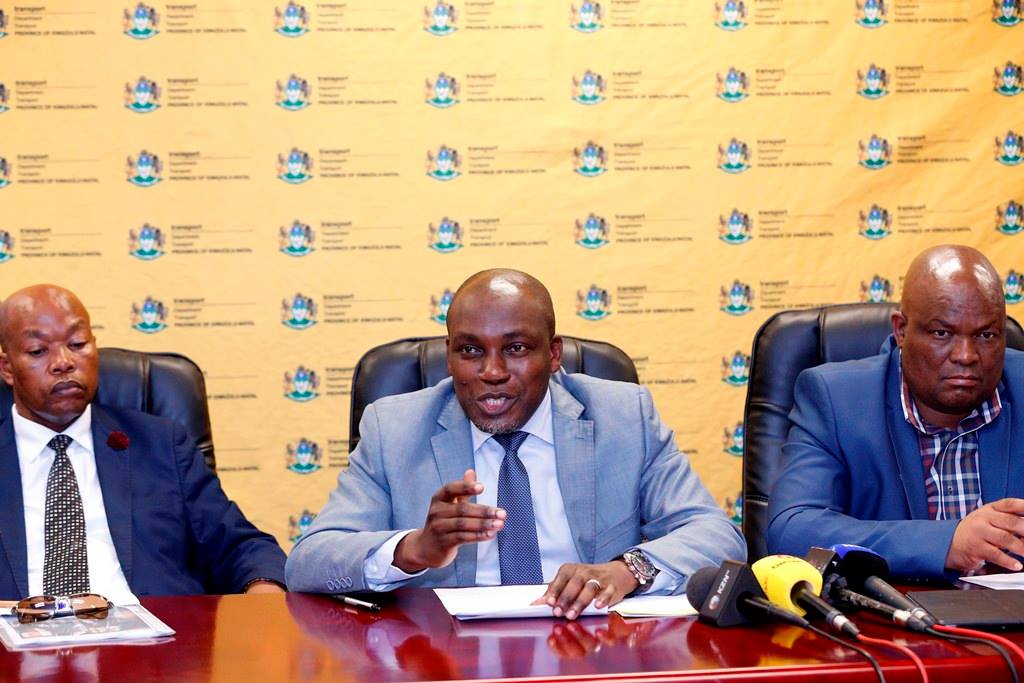In a decisive move to ensure peace, economic growth and effective service delivery, the KwaZulu-Natal government has devised a plan to eliminate illegal and violent public protests that have been mushrooming across the province in the recent past.
The Provincial Executive Council has already established a sub-committee to deal with public protests. The subcommittee includes MEC for Transport, Community Safety and Liaison Mxolisi Kaunda, who is also the Chairperson, MEC for Human Settlements and Public Works Ravi Pillay, MEC for Corporate Governance and Traditional Affairs Nomusa Dube-Ncube and MEC for Education Mthandeni Dlungwane.
On Tuesday, Kaunda convened an integrated law enforcement meeting in Durban to further sharpen the strategy. The meeting was also attended by stakeholders including mayors, traditional leaders and other community organisations.
He revealed that according to police reports in the last financial year, KwaZulu-Natal recorded more than 530 public protests.
“But over the past four months more than 270 illegal protests have been reported in the province. These have also resulted in the blockading of national roads, including N3 freeway on four occassions in Mooi River, Van Reenen Pass and Pietermaritzburg.
“We are also aware that as elections campaigns are entering a heightened phase, there are many who plan to use illegal protests as point scoring exercise. Therefore, over the next three months the MECs, political leaders in local government and senior officials of various departments will be embarking on a programme to engage communities who have raised concerns regarding issues of service delivery,” said Kaunda, adding that the programme would also include educating communities on correct legal processes before they embark on a protest.
He further warned that a legal team was looking into the possibility of litigating individuals implicated in the unlawful actions. He was also grateful that traditional leaders and crime-fighting structures in various communities have committed to work closely with government to bring law and order in the province.
Advice on Safety and Safe Driving in Areas of Public Violence and Unrest https://t.co/5qO0jKaGOO #ArriveAlive #Protests #Crime @SAPoliceService @KZN_EMS pic.twitter.com/7Vi5y9oDqv
— Arrive Alive (@_ArriveAlive) July 19, 2018
